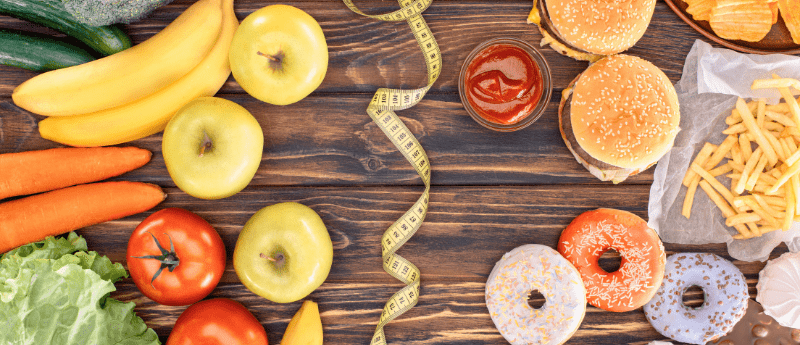Ultra-processed foods linked to heightened colorectal cancer risk in men

Ultra-processed foods have become a staple of the American diet, as consumers increasingly value their convenience despite the poor nutritional value. Evidence is mounting that these foods not only lack nutrition but are also carcinogenic. New research exposes a link between higher consumption of ultra-processed foods and increased risk of colorectal cancer in men.
In the United States, colorectal cancer is the third most diagnosed cancer. A new study published in The BMJ analyzed responses from over 200,000 participants across three large prospective studies that evaluated dietary intake for over 25 years in healthcare professionals. The participants completed a food frequency questionnaire every 4 years and detailed how frequently they consumed 130 foods.
The participants were classified according to levels of consumption of ultra-processed foods. Individuals with the highest consumption of ultra-processed foods were identified as most at risk of developing colorectal cancer, especially cancer of the distal colon. Men in the high consumption group increased their risk of developing colorectal cancer by 29% but the women in this group were found not to be at heightened risk overall.
The team, led by researchers from Tufts University and Harvard University (both MA, USA), discovered the strongest association of colorectal cancer in men who consumed meat, poultry or fish-based ultra-processed foods. Additionally, the team observed that higher consumption of sugar-sweetened drinks and sugary fruit or milk-based drinks is linked to increased risk of developing colorectal cancer in men.
The team highlight that not all ultra-processed foods are equally damaging in regard to colorectal cancer. In fact, consumption of dairy based ultra-processed foods such as yoghurt in women was associated with decreased colorectal cancer risk. Co-senior author of the study, Mingyang Song of Harvard T.H. Chan School of Public Health (MA, USA), explains: “Further research will need to determine whether there is a true sex difference in the associations, or if null findings in women in this study were merely due to chance or some other uncontrolled confounding factors in women that mitigated the association.”
Whilst ultra-processed foods are synonymous with poor diet quality, there may be extraneous factors impacting this association with colorectal cancer. For example, food additives may alter gut microbiota and promote inflammation or contaminants from food processing or the actual packaging may be carcinogenic.
The research team adjusted for potential confounding factors including family history of cancer and smoking status. The researchers are aware of the limitations of their study; all participants worked in healthcare, which could not be representative and the study does not account for changes in food processing through time.
The researchers acknowledge that dietary changes won’t happen overnight but hope that their research can contribute to regulatory changes. Fang Fang Zhang, co-author from the Friedman School (MA, USA) concludes, “Much of the dependence on these foods can come down to factors like food access and convenience. Chemically processing foods can aid in extending shelf life, but many processed foods are less healthy than unprocessed alternatives. We need to make consumers aware of the risks associated with consuming unhealthy foods in quantity and make the healthier options easier to choose instead.”
Sources: https://nutrition.tufts.edu/news/new-study-links-ultra-processed-foods-and-colorectal-cancer-men; Wang L, Du M, Wang K et al. Association of ultra-processed food consumption with colorectal cancer risk among men and women: results from three prospective US cohort studies BMJ doi:10.1136/bmj-2021-068921 (2022) (ePub ahead of print)




